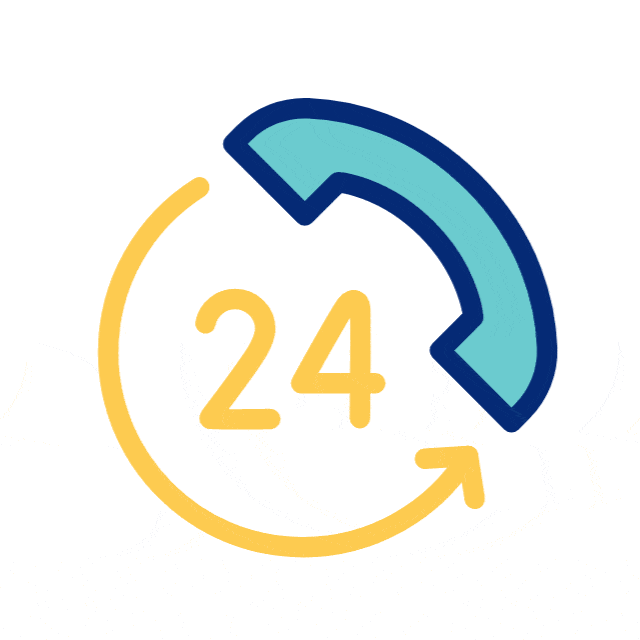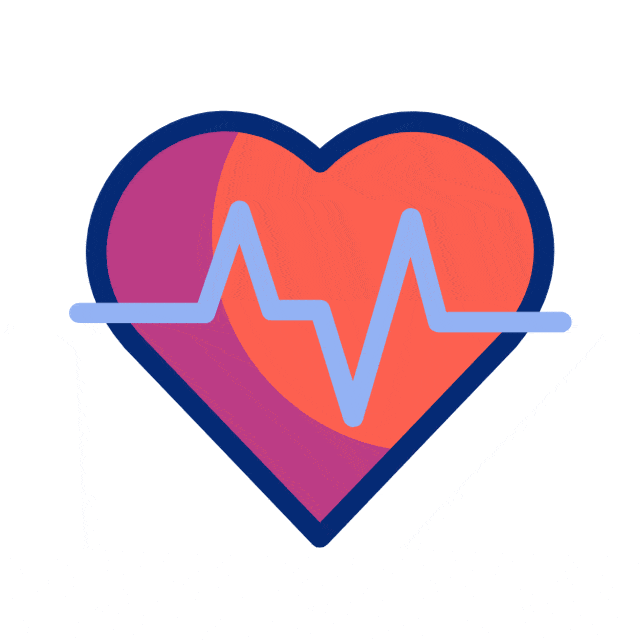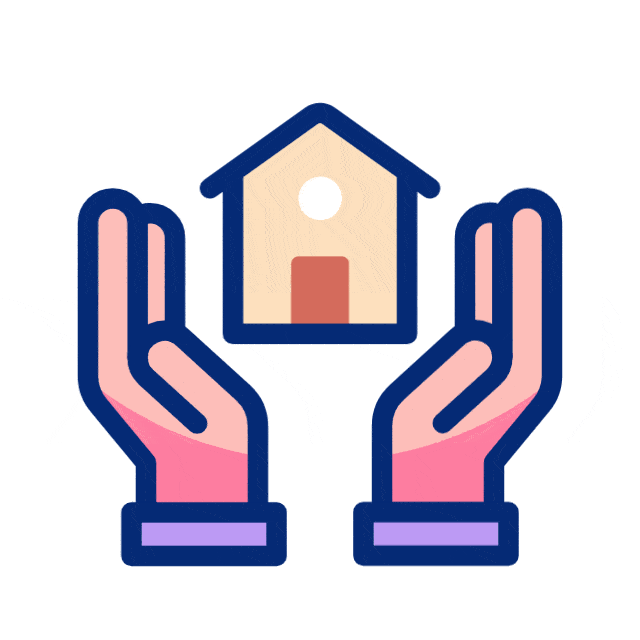Category : Health and you
World AIDS Day, observed on December 1st every year, serves as a global platform to raise awareness, show support for those living with HIV, and remember those who have lost their lives to AIDS-related illnesses. This year’s theme, “Take the Rights Path: My Health, My Right!” highlights the critical intersection of health and human rights in the fight against HIV/AIDS.
The Significance of the Theme
The theme emphasizes that access to health is not a privilege—it is a fundamental human right. It underscores the urgent need to ensure that everyone, regardless of their socioeconomic status, gender, race, or geographic location, has equal access to HIV prevention, treatment, care, and support services.
In many parts of the world, stigma, discrimination, and legal barriers prevent individuals from accessing these services. The theme calls for breaking down these barriers, ensuring inclusivity, and empowering individuals to demand their health rights.
The Global HIV/AIDS Landscape
While significant progress has been made in combating HIV/AIDS over the past few decades, challenges persist:
Global Statistics: According to UNAIDS, as of 2023, approximately 39 million people were living with HIV, with over 1.3 million new infections and 630,000 AIDS-related deaths in the previous year.
Disparities in Access: While some regions have seen declines in new infections and deaths, sub-Saharan Africa and marginalized communities worldwide remain disproportionately affected.
Youth at Risk: Adolescents and young adults account for a significant share of new infections, often due to inadequate education, limited access to preventive tools, and societal stigma.
Rights-Based Approaches to HIV/AIDS
To achieve the goals of the UNAIDS 95-95-95 targets (95% of people living with HIV know their status, 95% of those diagnosed receive sustained antiretroviral therapy, and 95% on treatment achieve viral suppression), a rights-based approach is essential:
Eliminating Stigma and Discrimination: Societal attitudes toward HIV-positive individuals often hinder their ability to seek care. Laws that protect against discrimination and promote privacy are vital.
Access to Education and Prevention: Comprehensive sex education, access to condoms, PrEP (pre-exposure prophylaxis), and harm reduction measures empower individuals to make informed decisions about their health.
Empowering Marginalized Groups: Women, LGBTQ+ individuals, and people who inject drugs are often at higher risk. Targeted interventions and inclusive healthcare policies are necessary to address their unique needs.
Accessible and Inclusive Healthcare: Ensuring universal access to antiretroviral therapy (ART) is a key aspect of managing HIV/AIDS. Governments and organizations are collaborating to make these treatments both affordable and widely available. In this effort, JSS Hospital, in partnership with National AIDS Control Organization (NACO), operates an ART centre that provides free medication. Additionally, essential tests such as CD4 counts and HIV viral load assessments are conducted at no cost. The centre is staffed with skilled counsellors and doctors who deliver high-quality care to patients.
Taking the Rights Path: Action Points
For Individuals: Get tested, know your status, and advocate for your health rights. Educate yourself and others to challenge misconceptions about HIV/AIDS.
For Governments: Invest in healthcare infrastructure, enforce anti-discrimination laws, and prioritize HIV/AIDS in national health agendas.
For Civil Society and NGOs: Partner with governments to reach underserved populations and amplify the voices of those affected by HIV/AIDS.
For Healthcare Providers: Adopt patient-centered approaches that respect the dignity and rights of all individuals seeking care.
A Call to Action
“Take the Rights Path: My Health, My Right!” is more than just a theme—it is a rallying cry to reaffirm our commitment to ending the HIV/AIDS epidemic. By ensuring that everyone can exercise their right to health, we can create a world where HIV is no longer a barrier to living a healthy, fulfilling life.
Let this World AIDS Day remind us of the power of collective action and the importance of upholding human rights in the pursuit of health for all. Together, we can achieve a future free from HIV/AIDS.
Dr. S. Rajendra Prasad
Associate Professor,
Department of General Medicine,
JSS Medical College and Hospital,
Mysuru – 570004





